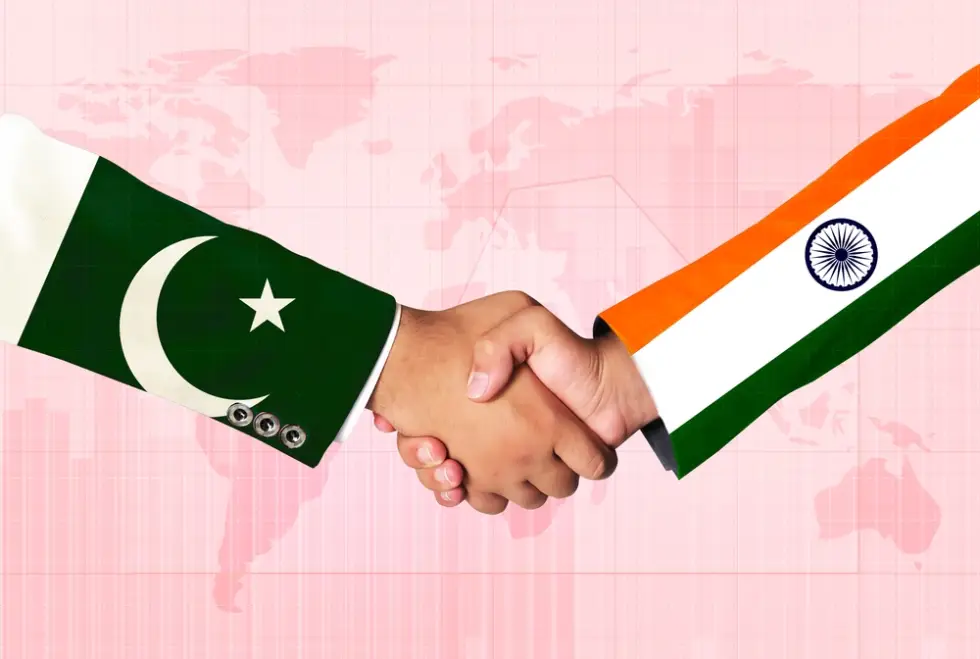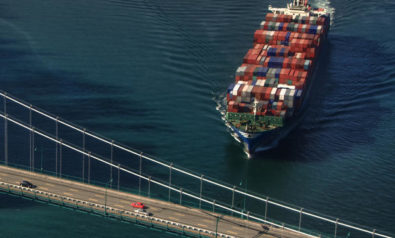An Indian veteran’s perspectives on the India-Pakistan relationship. Old shibboleths and half-truths take a long time to wither away. Pakistan still likes to believe, or at least its leadership does, that India is determined to undo the partition and grab Pakistan. It is essential that Pakistan be convinced through force of logic and reality, and not by hopeful pacification bordering on appeasement, that India is simply not interested no matter what state Pakistan is in. This is more so, when it is in the present state of economic destitution and political isolation, because of its own international misdemeanours. As soon as Pakistani leaders understand this, as soon as its military jihadi complex that has made ‘hate India’ its USP, understands this, the sooner peace will break out. It is true that there are many sane voices in Pakistan today that speak of the need to normalize relations with India and feel confident in their own nationality that they can be true Pakistanis without hating their neighbour. Their numbers are small, their voices limited largely to the English-speaking class, the Pakistani middle class, and the country's ruling class, who control the levers of power and are dependent upon the army for their survival and even prosperity. The voice of reason is unfortunately drowned in the voice of hatred and fear, bolstered by an education system that inculcates obscurantism and hatred for non-believers. Worrying as this may be, it should be equally worrying that Indian textbooks are also rewriting history that is sectarian. In our dealings with Pakistan, our first step should be to stop treating Pakistan exclusively as a Muslim nation. They believed in the two-nation theory, we did not and do not. That is why they became two in 1971 and we have continued as we were -- perhaps a little muddled and disorganised, but still together. There is therefore, no need to be obsessive about Pakistan's religion that forces us to be reflexive about our own Muslims. We do not treat the US, the UK or France on the basis of these countries’ major religions. There are no Christian republics in the world and if Pakistan wants to maintain itself as an Islamic republic it is its choice. There is no need for us to keep assuming that we have to make electoral promises in India, concede anything or have to be friendly with Pakistan simply because this would affect vote banks of political parties. This is not only faulty reasoning but in this day and age doubts the integrity and loyalty of our Muslims. Indian Muslims have the same problems as the rest of us, sometimes a little more, granted, but they have the same hopes and aspirations as the rest of the country. Everyone realises that Pakistan has killed more Muslims in the name of religion than any other country in modern history. It lost its claim to being the home for the subcontinent's Muslims in 1971 and has today become a safe haven for radical Islamic terrorists out to destroy the world. Religion was never a basis for nationality or nations. Had that been so we would have had only half a dozen major countries in the world. Christians have fought Christians in two of the bloodiest wars of the last century and for hundreds of years before that. Muslims are fighting Muslims all over the world. Neither peace nor wars, prosperity or destitution are determined by or dependent upon religion. These are false choices that political and religious leaders sometimes force on their people. That being so, we should treat Pakistan as just another nation on our borders with which relations remain difficult and may not improve very much very quickly. We should not be reading too much into vague signals from Pakistan, we have bitten too often in the past and so many other interests are still at work in that country. We should wait for Pakistanis to sort out Pakistan before showing a misplaced eagerness to do business with them in the name of confidence building measures (CBMs) without corresponding CBMs from them. We have to wait for the day when Pakistan does a genuine cost benefit analysis to understand that it stands to gain enormously by trading with India and allowing investment in Pakistan. Its leaders must decide whether its people should pay the heavy price of underdevelopment and economic ruin for continued hostility with India. Of course this will not be easy or immediate but Pakistan must make the first move on this. It is Pakistan that must evaluate whether it will be gain economically if India had transit rights across Pakistan to Afghanistan; whether it will gain from a peaceful Afghanistan or an unstable Afghanistan at war with itself and with Pakistan. As the smaller country and economy dealing with the bigger country and bigger economy it is the former that usually stands to derive the greater benefit. Nations of this century will remain standing or wither away depending upon how much good governance their governments provide, how much prosperity they can bring to their people and how much security they can provide to the average citizen. Religious exultation is hardly likely to provide any of these three but if allowed to propagate its obscurantism, it threatens to engulf the majority or those who hold moderate beliefs. A great deal will depend upon how the military business establishment sees its future; whether items a greater benefit from the war dividend or from the peace dividend. No one but the Pakistanis can convince their rulers about this. Till then, we should temper our hopes with some realism. *[This article originally appeared on Mr. Sood's blog.] The views expressed in this article are the author's own and do not necessarily reflect Fair Observer’s editorial policy.
Support Fair Observer
We rely on your support for our independence, diversity and quality.
For more than 10 years, Fair Observer has been free, fair and independent. No billionaire owns us, no advertisers control us. We are a reader-supported nonprofit. Unlike many other publications, we keep our content free for readers regardless of where they live or whether they can afford to pay. We have no paywalls and no ads.
In the post-truth era of fake news, echo chambers and filter bubbles, we publish a plurality of perspectives from around the world. Anyone can publish with us, but everyone goes through a rigorous editorial process. So, you get fact-checked, well-reasoned content instead of noise.
We publish 2,500+ voices from 90+ countries. We also conduct education and training programs
on subjects ranging from digital media and journalism to writing and critical thinking. This
doesn’t come cheap. Servers, editors, trainers and web developers cost
money.
Please consider supporting us on a regular basis as a recurring donor or a
sustaining member.
Will you support FO’s journalism?
We rely on your support for our independence, diversity and quality.







Comment